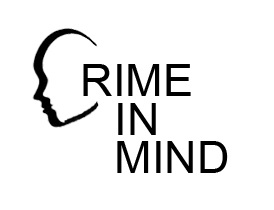This is an invitation worth taking. It is the title of a book just published by The Borough Press. Twelve stories have been brought together by Joanna Cannon, once a practising psychiatrist and now an author of fiction. Nothing in this collection, however, is fiction.
Each story was told by a different person with experience of serious mental illness to an established author, one of them Joanna Cannon herself. Each helps powerfully towards understanding what people go through as they struggle with a disorder that affects their thinking and feeling and actions – so do read them all. For us in the world of forensic mental health inquiry, however, it is Alain Knight’s story, as told to Kathryn Mannix that is completely absorbing, raising important questions for our work.
Alain was living a normal successful life, until it wasn’t. Work and family life disintegrated, but slowly. First, he started to find them stressful, then he lost them and then, as he grew more isolated, his anxiety grew and any sense of personal safety fell away. Initially, there were few indicators of his growing alienation except the oddity of a rather successful man not getting on with people very well any more.
Then he lost his job, his girlfriend – core to those things that congenially occupy time for most of us. Although still able to get and give some pleasure in occasional old family rituals, most of the time he was in near isolation. A range of unfounded beliefs developed. Although it is never quite clear when they started – perhaps even to him, in a sense, all restored some status to him. On the one hand, in his mind, he was special but on the other very seriously threatened. Violence ensued; he came close to killing at least one other person when trying to resolve this. Then, still in this terrible and terrifying state he was thrust into the privations and very real threats of life in prison. Finally, his illness was recognised, a case made for treatment, so he set out on a pathway of medication and psychological therapies and recovery.
Alain’s story, indeed all the stories are all rounded towards some grounds for optimism. Most of us prefer stories to end that way – an unhappy, even dangerous thread resolved, life not over and getting better.
We must also want questions, particularly questions that could take us to research that could inform disruption of distressing and harmful pathways. How can we improve recognition of mental health problems that will have serious and damaging consequences? – not least recognising them and being able to respond much earlier? When one really harmful thing happens, how can we optimise pathways to safeguard all parties?
Those are just two of my questions – and they will need refining to be the basis of research – but all good research starts with a preliminary question – what are yours?

